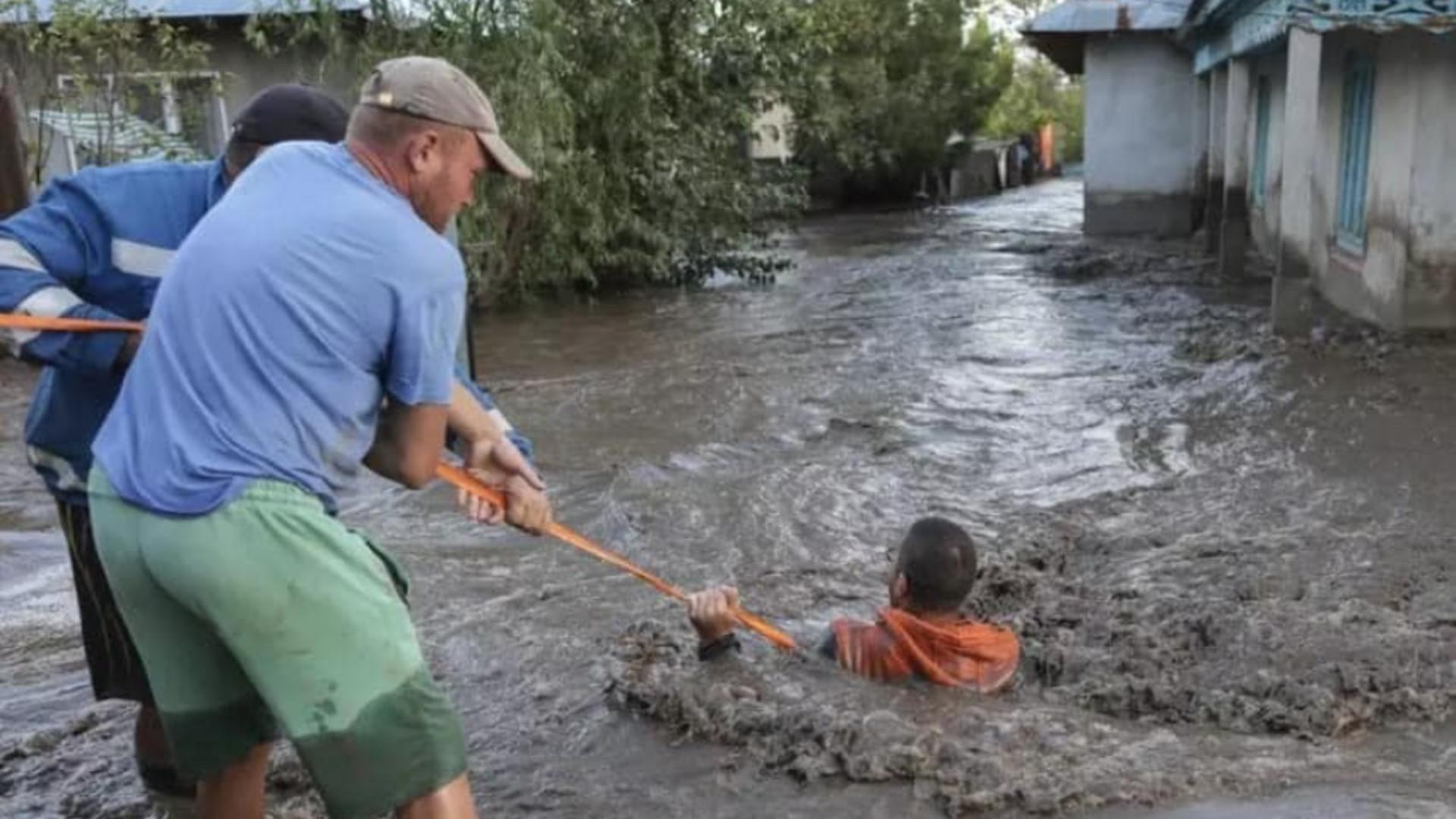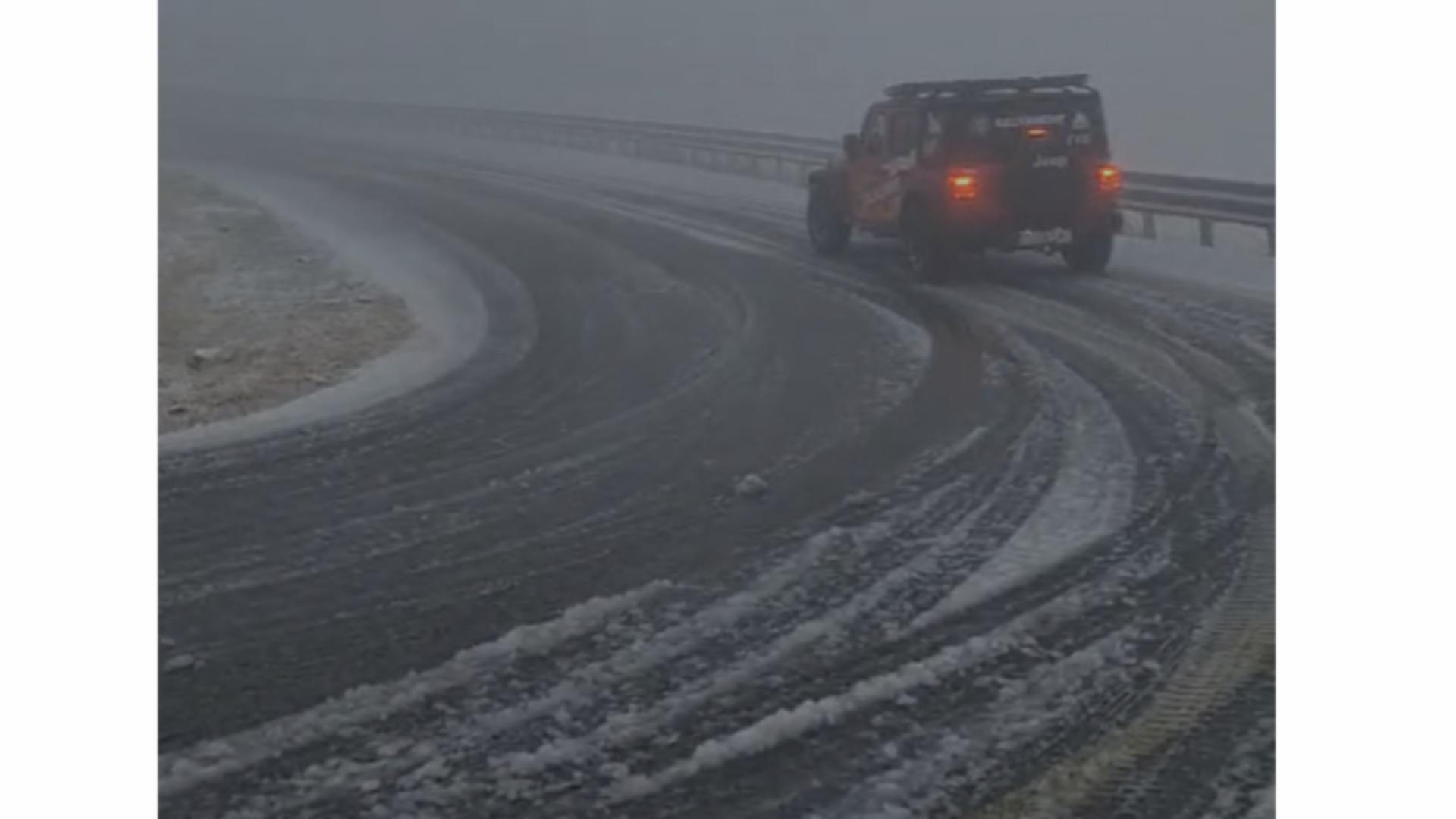Nearly a month ago, when Tim Kelly lost natural gas service due to ever-creeping land movement beneath his Rancho Palos Verdes home, he thought: “I’m sitting pretty.”
Kelly thought he was prepared.
Earlier in the summer, the retired mechanical engineer had converted to solar power.
But over the weekend, with the news he — along with nearly 200 neighbors — was also losing electricity Kelly said, he’s right there with everyone else.
“I was way ahead of the game,” Kelly said via phone on Tuesday. “Now, I’m at the back of the train.”
Kelly and his neighbors in Portuguese Bend and Seaview learned Southern California Edison was discontinuing service to homes in the area over the weekend. In Portuguese Bend, the SCE power shut off has already impacted a total of 193 customers — 140 residential and 53 business accounts. In Seaview, an additional 105 homes have lost power, some only temporarily.
At a special RPV City Council meeting on Tuesday afternoon, SCE tried to assure a group of about 30 residents in attendance, the public utility is continuing to look for fixes.
“This is not a situation where we’re going to deenergize and walk away,” said Larry Chung, vice president of SCE customer engagement.
It was “absolutely necessary” that SCE cut power, said Chung, adding he understood the hardship the loss of electricity creates for residents. SCE intends to be partners, said Chung, and to communicate regularly and transparently.
“We care about our community,” Chung added. “We’ve been here for over a century in existence as a utility. And so this is not a situation where we intend to go anywhere.”
But, as SCE looks for ways to reenergize the community, impacted residents are left having to fend for themselves. They’re installing alternative power sources such as gas-powered generators, eventhough SCE refuses to do so. They’re taking cold showers. They’re relying on solar-powered neighbors or a van down the hill to charge their devices. Some are having to use a port-a-potty down the block as residents without gravity-powered sewers cannot flush toilets.
And, they’re left with one big important question: Should the evacuation warning turn to an evacuation order, will they stay or will they go?
Residents who spoke during RPV’s first of two City Council meetings agreed they weren’t given enough notice of power shut off and their situation on the peninsula is now dire.
The immediacy of the situation finally caught the attention of Gov. Gavin Newsom who declared a state of emergency on Tuesday, though a limited one.
Mayor John Cruikshank, at the early council meeting, said he was a little disappointed the governor’s declaration deals only with the deenergizing of the two neighborhoods. Cruikshank said he hoped money could go directly to residents to convert gas and now electrical to alternative methods.
“That means a lot of things in terms of changing appliances, using alternative methods and then just so many costs and expenses,” Cruikshank said.
Edison and city officials agreed the situation is dynamic, next steps are tough to predict and they are not in control.
“I think our community right now is at the mercy of Mother Nature,” said Councilmember Paul Seo.
SCE’s Chung said what the community is going through now is “absolutely devastating” but that his company’s decision centered on safety for residents as downed overhead power lines could easily trigger a wildfire that had potential to spread rapidly.
Chung added a heat wave expected to begin Wednesday meant the utility company could not “safely mitigate that risk without deenergization. We’re doing everything we can at the moment to look at solutions.”
Landslide-impacted residents have been preparing for the colder winter months, getting their alternative power sources ready to run heat pumps. But now, with a heat wave baring down on the otherwise mild seaside enclave, the reality of no electricity means no air conditioning.
Kelly, the resident who had already converted to solar, said he won’t be able to run air conditioning, of course, with nothing to power it.
“We are going to suffer like everyone else,” Kelly said.
But, said Kelly, he’s still a bit more fortunate than some of his neighbors. His home is on a gravity sewer system, he said, which means he can still flush his toilet. Folks who rely on grinders do not have working toilets, sending them to a porta-potty set up in the neighborhood.
But, Portuguese Bend neighbors have been dealing with the inevitability of land movement for decades. And some of them pitch in and come to the aid of the entire community.
Such is the case with Mike Chiles, a licensed contractor who has owned a home in the area since 1994. Chiles said his father warned him not to purchase in the area all those years ago, but he didn’t listen.
Chiles — who called the loss of SCE service a “crushing blow” — is out frequently tending to the dewatering wells maintained by the various landslide abatement districts. Those wells, now without power, can no longer pump the ground water out.
And, another recent blow to RPV’s mitigation efforts, the land is moving at a much deeper level than experts realized.
On Tuesday, Chiles was making the drive to Lake Havasu. He had to get his wife off the peninsula, he said, as the stress was becoming too much. Chiles, himself, suffered a stroke about two years agao. And, he blames the stress of the landslide.
“With my stroke,” said Chiles, “I don’t know if I can do it anymore.”
As a contractor, Chiles knows about generators and converting applicances and about “living off the grid.” But, he worries about his neighbors.
“To have a house off the grid is a full-time job,” Chiles said. “Somebody is going to have to stop their job and just deal with the house.” For example, a typical 22-30 gallon generator has to be filled with fuel (propane, natural gas or diesel) about every two days.
And, on top of everything else, Chiles said he’s more worried about the threat of wildfires from inexperienced homeowners maintaining private generators than he was about downed power lines.
Gas is volitale, said Chiles, it will explode.
“We have 140 bombs in our community now,” Chiles explained. “If they go, it’s an explosion that sends shrapnel flying everywhere.”
It’s not good, he said.


























